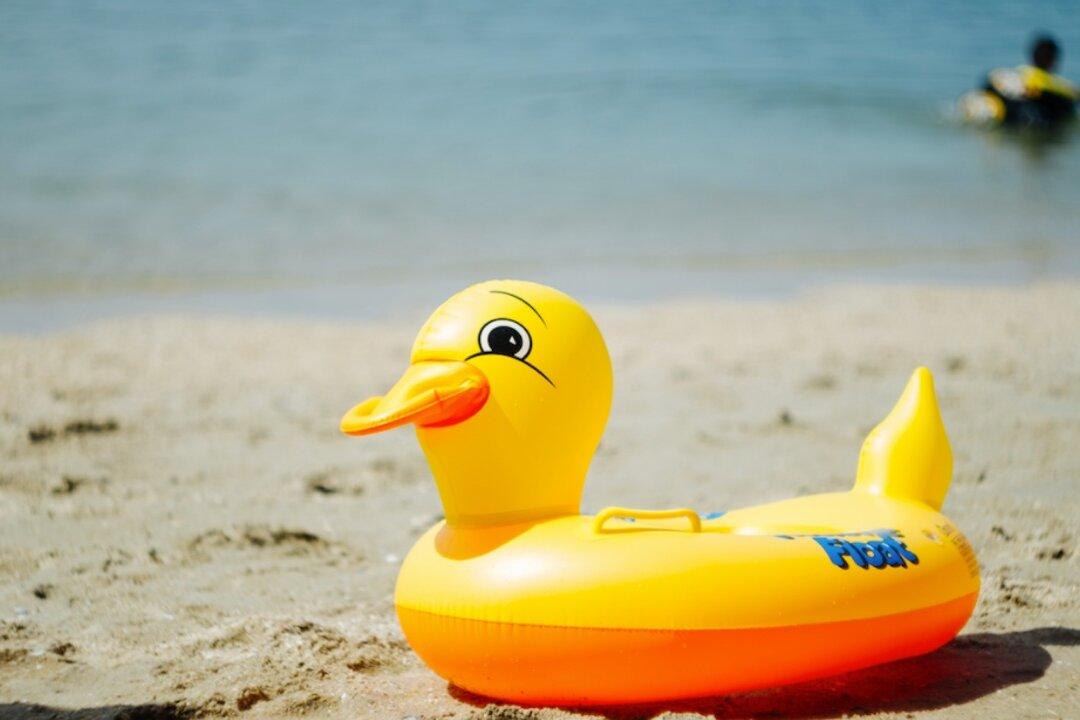A toddler on an inflated duck was carried away from the shore by strong winds on Lake Michigan and had to be rescued by boat on July 15.
The child’s mother lost hold of the inflatable and the duckie drifted away. The boy was seconds away from drowning when he was rescued by water safety expert Dave Benjamin. Benjamin used his paddleboard to reach the child, reported the Daily Mail.





